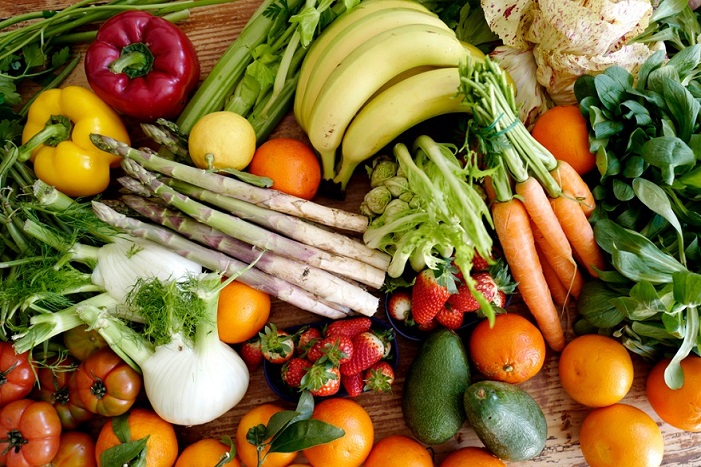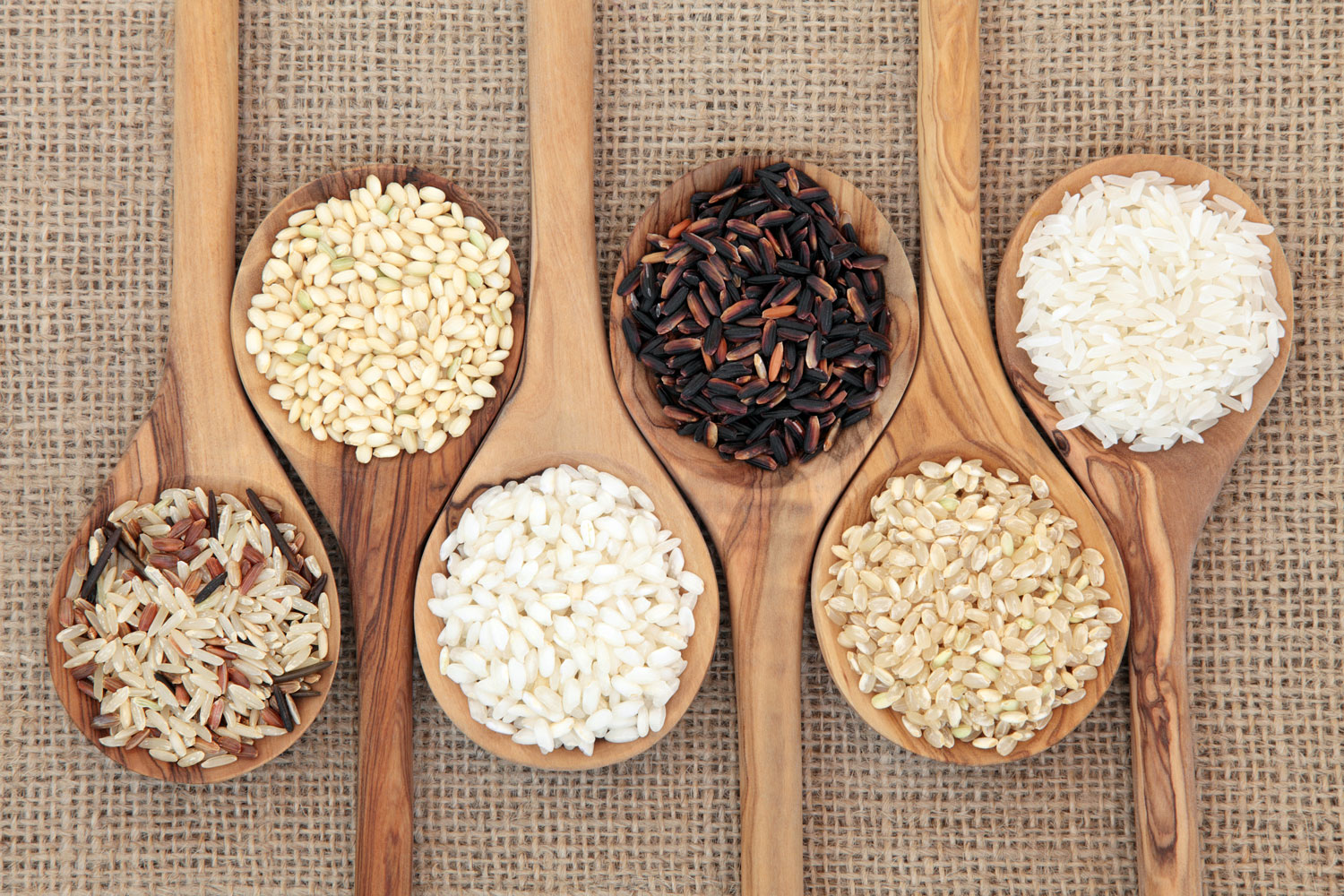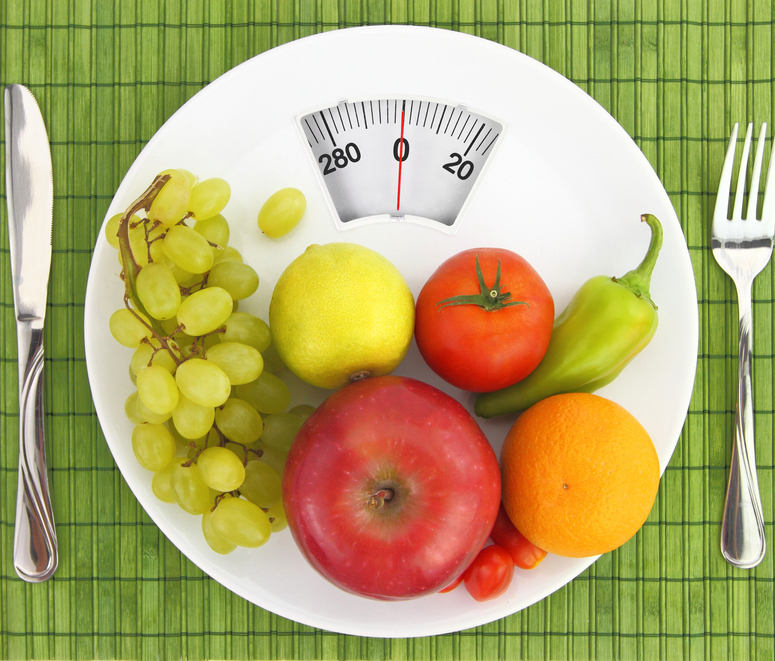The word “organic” is now a familiar term with many people across America. We see it all over the grocery store on food labels and in the produce aisle.
But what does it really mean when it comes to food? How can our body benefit from eating organic meals? How many pesticides are we exposed to when we eat conventional produce? And, can eating organic produce and meats help us lose weight?
We are going to talk about this today.
If you are on the fence about going organic, we might be able to answer some of those questions for you.
Table of Contents
What does “organic” mean?
How can your body benefit from eating organic food?
How many pesticides are we exposed to from conventional produce?
Can eating organic food help you lose weight?
Last Remarks
What does “organic” mean?
The USDA National Organic Standards Board defines organic perfectly that we are going to quote them directly:
- “Organic agriculture is an ecological production management system that promotes and enhances biodiversity, biological cycles, and soil biological activity. It is based on minimal use of off-farm inputs and on management practices that restore, maintain and enhance ecological harmony.”
- “‘Organic’ is a labeling term that denotes products produced under the authority of the Organic Foods Production Act. The principal guidelines for organic production are to use materials and practices that enhance the ecological balance of natural systems and that integrate the parts of the farming system into an ecological whole.”
- “Organic agriculture practices cannot ensure that products are completely free of residues; however, methods are used to minimize pollution from air, soil, and water.”
- “Organic food handlers, processors and retailers adhere to standards that maintain the integrity of organic agricultural products. The primary goal of organic agriculture is to optimize the health and productivity of interdependent communities of soil life, plants, animals, and people.”
In short, organic means that the food production was done according to these standards to help reduce pollution and have little to no pesticides.
If you see organic on the food label whether it’s meats, fruits, vegetables, or other food items, it means that they have passed the USDA organic standard.
How can your body benefit from eating organic food?
According to the British Journal of Nutrition, their 2014 research came to the conclusion that organic food has lower cadmium concentrations and higher amounts of antioxidants. Also, not to mention that organic food has little to no pesticide residue.
Cadmium is a toxic chemical often found in fertilizers used in modern farming. It can also be found in plants, shellfish, fish and animals that are grown in a contaminated area according to Hong Kong’s Centre of Food Safety. They also share how our bodies can be affected by cadmium toxicity which can affect our intestinal tract, liver, heart, and kidneys.
Antioxidants are molecules found in a variety of foods, such as fruits and vegetables, that help reduce and prevent cell damage. They are known to help our bodies get rid of toxins, which can boost our overall health. Toxins can be linked to cancer, vision loss, atherosclerosis, and other ailments according to Medical News Today.
The NCBI also makes note that fruits and vegetables have anti-inflammatory effects due to their flavonoids, molecules that act as antioxidants, that help protect our cells from damage and other chronic illnesses. Live Science says that flavonoids boost our immune system too and diets rich in flavonoid can be associated with preventing cancer, neurodegenerative and cardiovascular diseases.
How many pesticides are we exposed to from conventional produce?
The average American person is exposed to 10-13 different pesticide residues each day. Roughly, we are exposed to 1 to 3 extremely toxic pesticides known as organophosphates. According to the CDC, heavy or regular exposure to those pesticides can cause side effects, such as headaches, dizziness, and nausea. The Organic Center’s research states that organically produced foods can reduce one’s overall exposure to harmful pesticides by 97%.
Many studies suggest that the amount of pesticides found in conventional produce come in very minimal amounts, and that they are still as nutritious as organic produce. It is good to keep that in mind when grocery shopping and organic produce is not available.
Can eating organic food help you lose weight?
Research conducted by Environmental Health Perspective and PLOS One has shown that feeding conventional, non-organic produce to children under 2 may affect their future weight. Chemical pesticides that are sprayed on our produce has been linked to increased BMI’s in these young children and increased abdominal fat, insulin resistance, and overall weight in mice.
Therefore, according to some studies, the answer is yes.
However, research is ongoing and always changing. Organic food shouldn’t be the sole method when trying to control weight. Achieving weight loss involves looking at overall lifestyle behaviors.
Those who defend conventional, non-organic crops claim that pesticide residue on produce is not significant enough to have any real impact on your weight or overall health.
Last Remarks
Consuming more fresh produce, organic or conventional, such as fruits and vegetables has been a consistent link to weight-loss because they are high in fiber and nutrients, which can help control appetite.
Generally speaking, the average person needs between 4 and 6 cups of fruits and veggies each day depending on your lifestyle, weight, and height according to Sidney Fry, RD.
Eat various different colored fruits and vegetables on a daily basis because it will provide you with various vitamins, minerals, and antioxidants that your body needs to remain healthy.
Aim to make at least ½ of your lunch and dinner meals with organic veggies because this will help put you on the right track for your weight loss goals.



